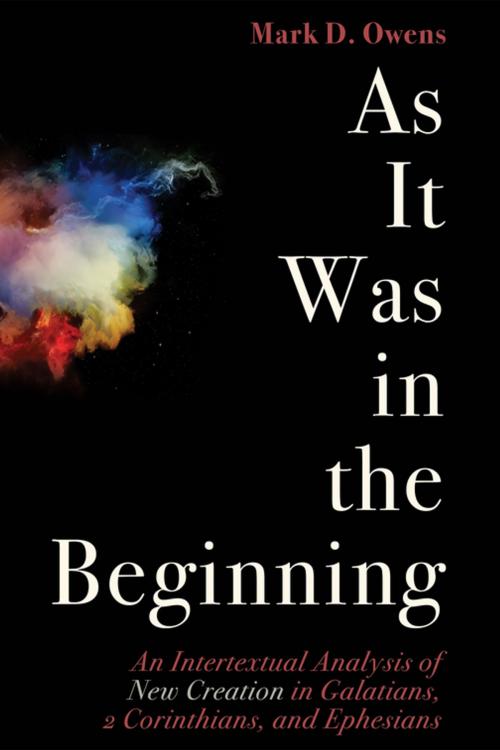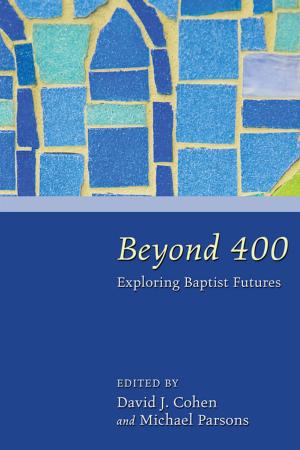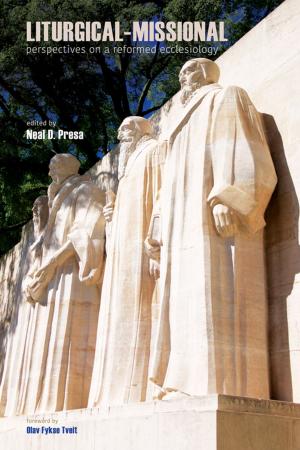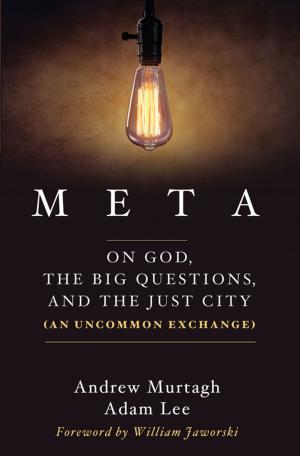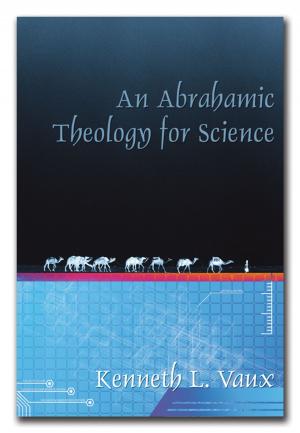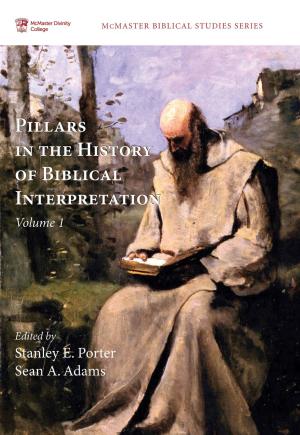As It Was in the Beginning
An Intertextual Analysis of New Creation in Galatians, 2 Corinthians, and Ephesians
Nonfiction, Religion & Spirituality| Author: | Mark Owens | ISBN: | 9781498202411 |
| Publisher: | Wipf and Stock Publishers | Publication: | October 15, 2015 |
| Imprint: | Pickwick Publications | Language: | English |
| Author: | Mark Owens |
| ISBN: | 9781498202411 |
| Publisher: | Wipf and Stock Publishers |
| Publication: | October 15, 2015 |
| Imprint: | Pickwick Publications |
| Language: | English |
Paul's comments regarding the new creation in 2 Cor 5:17 and Gal 6:15 have tended to be understood somewhat myopically. Some argue the phrase "new creation" solely refers to the inward transformation believers have experienced through faith in Jesus Christ. Others argue this phrase should be understood cosmologically and linked with Isaiah's "new heavens and new earth." Still others advocate an ecclesiological interpretation of this phrase that views Paul referring to the new community formed around Jesus Christ. In As It Was in the Beginning, Mark Owens argues that the concept of "new creation" should be understood (like the gospel) within the realm of Paul's anthropology, cosmology, and ecclesiology. At the same time, he also argues that Paul's understanding of new creation belongs within an Urzeit-Endzeit typological framework, especially within 2 Cor 5-6 and Eph 1-2. This reading of new creation attempts to give due weight to the use of Isaianic traditions in 2 Cor 5:17 and Eph 2:13, 17. Owens demonstrates that the vision of new creation in 2 Corinthians and Galatians is starkly similar to that of Ephesians.
Paul's comments regarding the new creation in 2 Cor 5:17 and Gal 6:15 have tended to be understood somewhat myopically. Some argue the phrase "new creation" solely refers to the inward transformation believers have experienced through faith in Jesus Christ. Others argue this phrase should be understood cosmologically and linked with Isaiah's "new heavens and new earth." Still others advocate an ecclesiological interpretation of this phrase that views Paul referring to the new community formed around Jesus Christ. In As It Was in the Beginning, Mark Owens argues that the concept of "new creation" should be understood (like the gospel) within the realm of Paul's anthropology, cosmology, and ecclesiology. At the same time, he also argues that Paul's understanding of new creation belongs within an Urzeit-Endzeit typological framework, especially within 2 Cor 5-6 and Eph 1-2. This reading of new creation attempts to give due weight to the use of Isaianic traditions in 2 Cor 5:17 and Eph 2:13, 17. Owens demonstrates that the vision of new creation in 2 Corinthians and Galatians is starkly similar to that of Ephesians.
